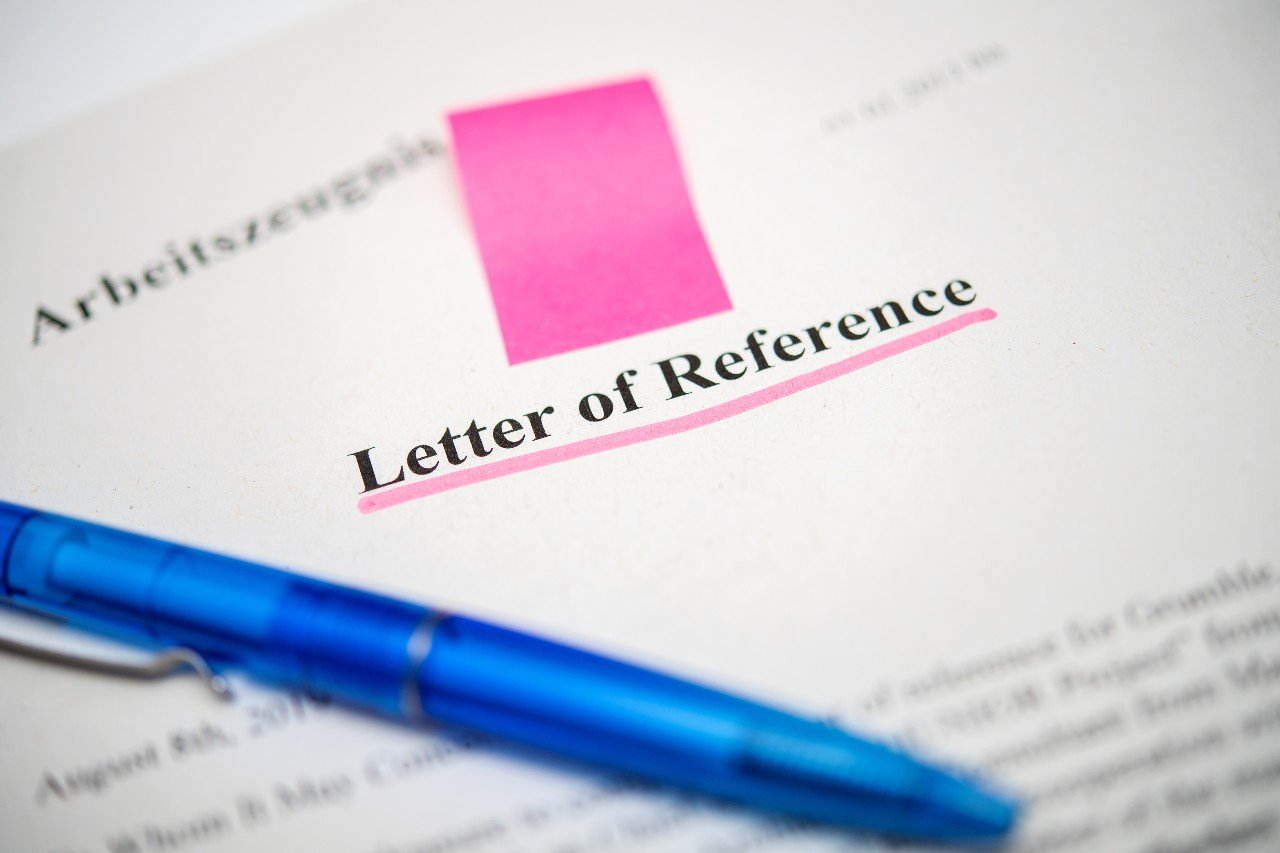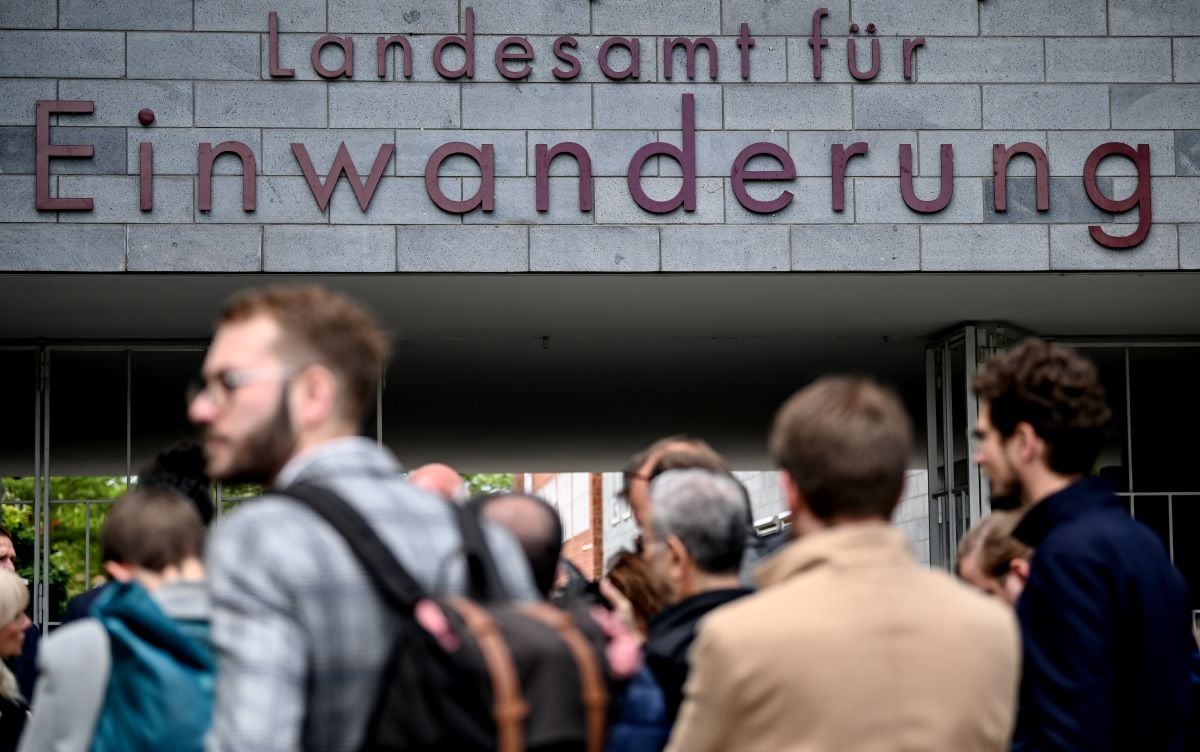In Frankfurt, young Spanish academics apply for jobs at the Spanish language institute Instituto Cervantes. And at an association for Greek academics, founder Gregorius Thomaidis is flooded with registrations almost every day from people who are looking for new opportunities in the Rhine-Main area.
Community colleges and Goethe Institutes all over the country are reporting an influx of well-educated Southern and Eastern Europeans for German language courses.
The financial crisis in Southern Europe as well as the possibility of establishing oneself and being able to work in other EU countries is what attracts increasing numbers of Europeans to Germany.
According to the Federal Statistics Office in Wiesbaden, in the first half of 2012, 306,000 foreigners from other EU countries moved to Germany – 24 percent more than the first half of the previous year. Experts consider this to be a success.
“We should be happy about this immigration,” said social scientist Steffen Kröhnert from the Institute for Population and Development.
Between 2002 and 2010, Germany’s population decreased by about 800,000 people. Moreover, there is a need for young and qualified professional newcomers in the ageing German society. “This is the gap that the immigrants are filling,” said Kröhnert.
Many industries are on the lookout for trainees including those in trades as well as small and medium sized businesses in rural areas. “Young people from Spain and Greece could be specifically recruited for these positions,” she said.
“The rising number of immigrants most notably from the crisis-hit Southern European countries shows that the EU freedom of movement has been successful,” said Gunilla Fincke, director of the Expert Council of German Foundations on Integration and Migration, in Berlin.
Unemployed people from countries hit by the financial crisis make use of the opportunity to work in the economically better off nations of the EU. “This benefits everyone: Germany can do away with the shortage of skilled workers, while the EU citizens find work and unburden the job market in their home countries,” said Fincke.
People from the crisis-countries are mostly well-educated professionals and young, ambitious, high school graduates. They should, however, be systematically supported, she said.
Professor Herbert Brücker from the Federal Employment Agency in Nuremberg said this of the immigrating hopefuls: “We can absorb this workforce well.”
In 2011, immigrants were much better integrated into the job market than the earlier surges of foreigners. The new immigrants – Southern Europeans as well as the biggest immigrant group, the Poles – are also well qualified. But owing to their high qualifications, both Kröhnert and Brücker are sceptical about whether they will help solve the shortage of nurses facing the country.
Last summer, at least three or four fellow Greeks registered themselves at Thomaidis’ association for Greek academics. They all want to either move to Germany or are already living in the country with relatives.
“They come from all kinds of fields, but there are especially a lot of scientists,” he remarked.
Most immigrants fall in the 24 to 40 year age group: people who have lost their jobs in their home country or don’t have any prospects there.
Thomaidis, a retired surgeon, concluded, “If the situation in Greece doesn’t improve, there will be many more people moving to Germany.”
DPA/The Local/mb





 Please whitelist us to continue reading.
Please whitelist us to continue reading.
Member comments